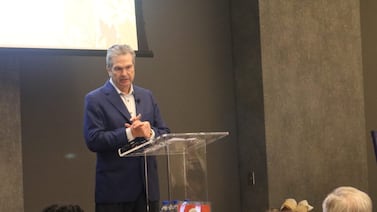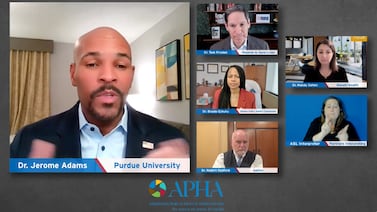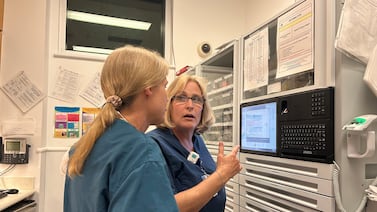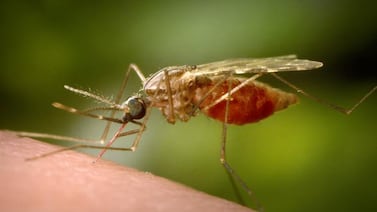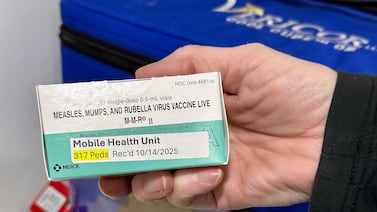Public health, explained: Sign up to receive Healthbeat’s free national newsletter here.
Hello from Healthbeat as we celebrate our official launch!
I’m Charlene Pacenti, the inaugural Editor in Chief.
I’m privileged to lead a team at Civic News Company and KFF Health News working to tell the story of public health in America. It’s an essential story for these skeptical times, when people need reliable coverage of the safety net our public health system is supposed to provide.
We have learned hard lessons in the Covid-19 pandemic about the shortcomings of that system — or have we?
The pandemic’s arrival was a global public health story that hit home for everyone in disruptive and tragic ways. Many of us lost loved ones. Many of us are still struggling with new cases of the illness, or the aftereffects of earlier cases, with long-term effects still unknown.
At Healthbeat, we will cover the news around the systems of prevention — infectious diseases for sure, but also air and water quality, food safety and the research in a quest for breakthroughs to shore up our collective well-being.
We’re looking at the public health challenges in dealing with intensifying heat waves brought by climate change and the threat posed by a bird flu outbreak. We’ll hold officials accountable for spending and also for finding solutions to the issues we are all facing
We’re starting in New York City and Atlanta, with a third location coming next year. (Should that be your city? Email us here.) We are joining forces with KFF Health News to provide in-depth national reporting on critical issues and the science driving the news. We are working with public health expert Katelyn Jetelina to offer local scientific expertise from Your Local Epidemiologist.
As we ramp up, we’ll be out in the community, talking to you about your concerns. How is the public health system working for you? Where is it failing?
What solutions do you see? Whose voices are being left out of the conversation? Tell us. We’ll share your stories and work to get answers.
We’re particularly interested in hearing from front-line workers in public health: nurses, social workers, service organizations, volunteers from houses of worship and others filling the gaps in underserved communities. How can we serve you? Tell us your stories. Invite us to your next meetup. Email us here.
We’re building Healthbeat to help everyone understand how the public health system works so we can all work to make it better.
Let’s get started.
Charlene Pacenti, Editor in Chief



